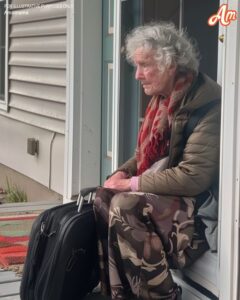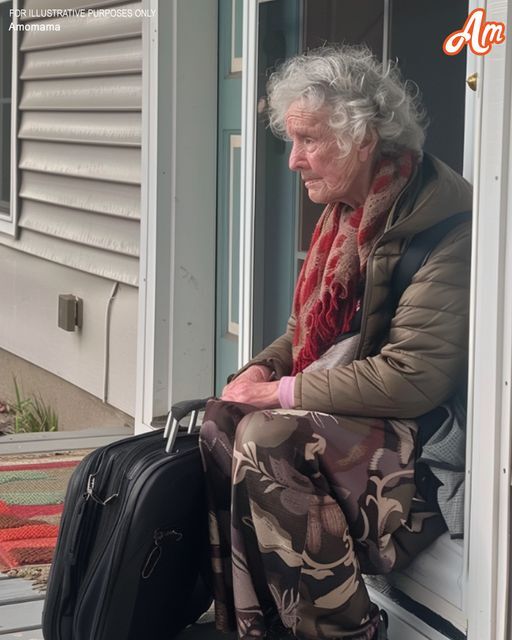When my brother Paul kicked Grandma Eleanor out for not contributing financially, I took her in, driven by love and loyalty. As she rebuilt her life and found unexpected success, Paul’s regret surfaced, but I wondered if it would be enough to mend our broken bonds.
“Rachel, I can’t keep doing this,” Paul said, slamming his cup down on the table. “She’s costing too much.”
“Paul, she’s our grandmother. She raised us, remember?” I replied, trying to keep my voice steady. I could see the tension in his jaw, the frustration in his eyes.
“That was then. Things are different now,” he said, crossing his arms. “She doesn’t bring anything to the table anymore. She just sits there, painting and wasting time.”
“Those paintings mean something to her,” I said. “And they could mean something to us if we let them.”
Paul scoffed. “Sentimental nonsense. I need to think about the future, Rachel. We can’t afford dead weight.”

I felt a lump form in my throat. “Paul, it’s not about what she can give us now. It’s about what she’s already given.”
I drove her to my house, the silence heavy between us. As we pulled into the driveway, she reached over and squeezed my hand. “I’ll be okay, Rachel.”
Inside, my kids greeted her with open arms. “Great-Grandma, show us how to paint like you!” they exclaimed, pulling her into the living room where her easel was already set up.
Eleanor smiled, the first genuine smile I’d seen in weeks. “Of course, darlings. Let’s create something beautiful.”
Eleanor’s art continued to flourish. Her story of resilience and dignity spread through the community, inspiring many. People came to her exhibitions not just to see her paintings, but to hear her story, and to learn about the woman who found strength in the face of adversity.
One evening, as we sat in the living room, the kids at her feet, eagerly painting, I reflected on everything that had happened. “Grandma, your strength has changed us all,” I said. “You’ve taught us what it means to stand up for yourself and to cherish the people who truly matter.”
